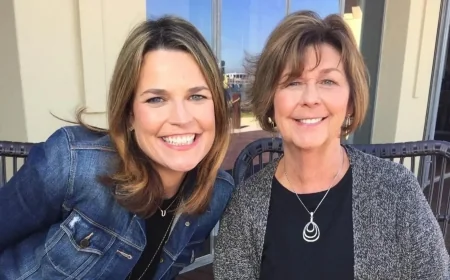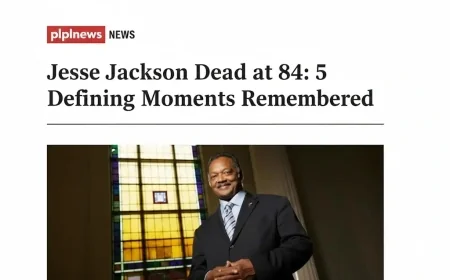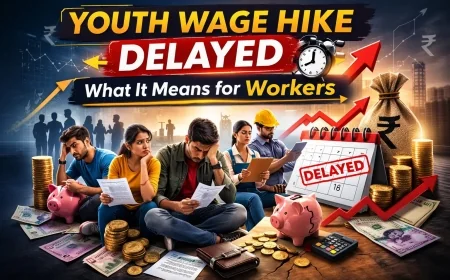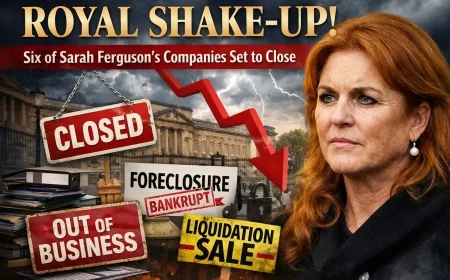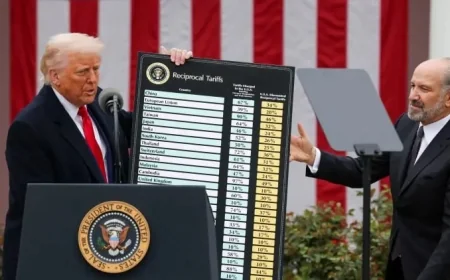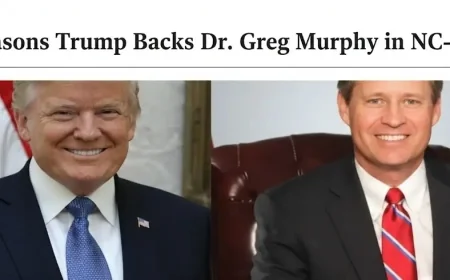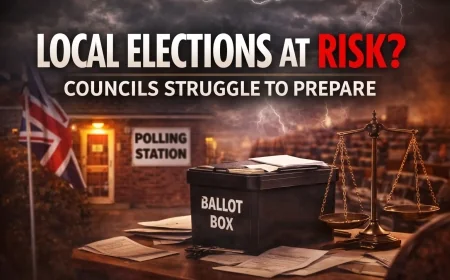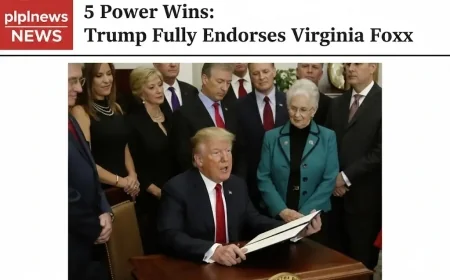US House to vote on bill to end historic shutdown
The budget bill that would end the longest shutdown in US history is headed to the House of Representatives for a decisive vote on Wednesday.
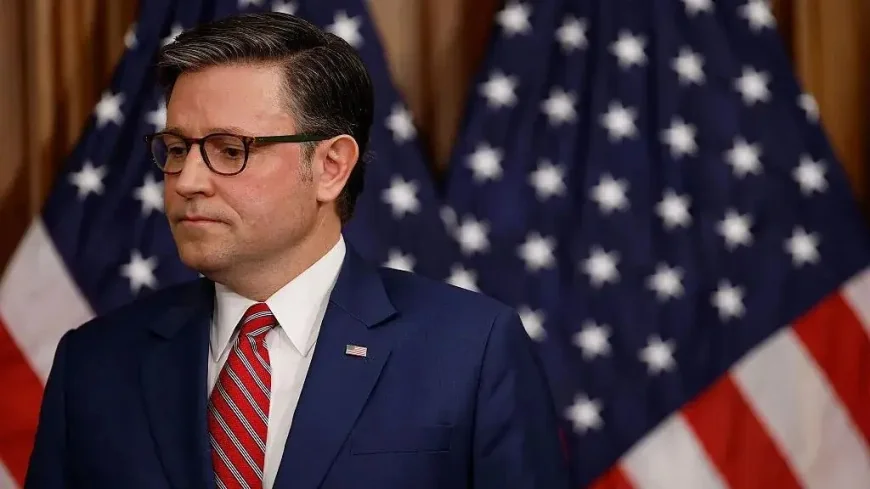
On the 42nd day of the standoff, representatives are returning to Washington to decide whether to approve a Senate package funding federal agencies for two months.
Republican leadership expressed confidence that despite their slim majority, the spending plan would pass the lower house of Congress. But top Democrats have vowed to oppose it.
President Donald Trump has indicated he will sign it into law. "We're opening up our country," he said on Tuesday at a Veterans Day event in Arlington, Virginia. "Should have never been closed."
The shutdown, which began on October 1, has left one million federal employees without pay, halted food stamps for low-income Americans, and delayed passenger air travel ahead of the Thanksgiving holiday.
Nearly 1,200 flights were canceled on Tuesday as unpaid air traffic controllers called in sick due to a lack of funding, leaving lawmakers looking for other ways to get to Washington.
Arkansas Congressman Rick Crawford posted on X that he was carpooling to the nation's capital with Trent Kelly, a fellow Republican from Mississippi.
Congressman Derrick Van Orden said he was riding a Harley Davidson motorcycle from his home state of Wisconsin.
"It's going to be a little chilly," he posted on X of the 16-hour trip. "But I will do my duty."
The House Rules Committee advanced the bill by an 8-4 majority in a procedural party-line vote early Wednesday morning, ending a seven-hour session.
Republicans on the committee rejected Democratic amendments seeking to extend expiring health insurance subsidies – their main demand during the standoff.
The House is expected to reconvene at 16:00 EST (21:00 GMT) for an hour of debate on the bill before a vote.
House Democratic Minority Leader Hakeem Jeffries of New York vowed to oppose the bill.
"We're strongly opposed as House Democrats to this reckless Republican effort to continue to raise the high cost of living on everyday Americans," he told CNN.
Jeffries expressed disappointment with Senate Democrats who joined Republicans in passing the spending plan on Monday night.
A key demand of Democrats during the shutdown has been that Republicans include a provision in the spending bill to increase tax credits that would make health insurance affordable for 24 million Americans.
But Republicans remained united and refused to back down, only agreeing to allow a vote on health care subsidies in December, a proposal they had made a few weeks ago.
And there is no guarantee that the bill will even pass the Senate, while House Speaker Mike Johnson has not yet committed to a vote on the tax credits in that chamber.
Johnson has kept the House out of session for 53 days to pressure Senate Democrats to agree to a shutdown compromise.
Before Wednesday's vote, he will swear in newly elected Arizona Congresswoman Adelita Grijalva, a Democrat who won a special election in September.
After he is sworn into office, the Republican majority in the House will be reduced to five votes – 219-214.
This means Johnson can only afford to lose two Republicans in any party-line vote.
This budget puts the federal government on track to add approximately $1.8 trillion (£1.4 trillion) each year to its $38 trillion debt.
But Chip Roy of Texas said he is not aware of any significant opposition to the bill from fiscal hardliners in his House Freedom Caucus.
Potential Republican defectors Thomas Massie of Kentucky or Victoria Spartz of Indiana have so far remained silent about how they plan to vote.
But even if they switch parties, House Speaker Jared Golden of Maine or Henry Cuellar of Texas could still secure passage of the bill with the help of moderate Democrats.
It appears that no party is politically immune from this legislative dispute.
Public opinion polls show that voters believe Republicans bear a disproportionate share of the blame, while Democrats are deeply divided over the instability.
And once the shutdown ends, appropriators will have just two months to avert another shutdown.
Government funding is next set to expire on January 30th.
What's Your Reaction?
 Like
0
Like
0
 Dislike
0
Dislike
0
 Love
0
Love
0
 Funny
0
Funny
0
 Angry
0
Angry
0
 Sad
0
Sad
0
 Wow
0
Wow
0
